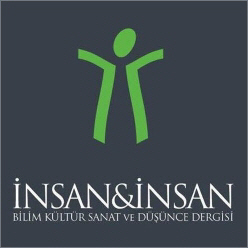Aslan Tolga Öcal / Tuğba Başarslan Arslan
Abstract: The aim of this study is to examine the energy poverty in the world and to produce a policy for this problem. In this study using descriptive analysis method, the conceptual framework of energy poverty was drawn and the methods of measuring energy poverty and the causes of energy poverty were discussed In the study, it has been observed that the energy need has increased all over the world, but there are serious inequalities in energy consumption on the basis of regions and countries. Greenhouse gases that arise from the burning of fossil fuels for energy now bring global warming and climate change. The lack of access to clean energy sources increases health problems along with poverty and leads to global pollution. It is necessary to urgently implement policy measures that take into account the specific situation of households and are shaped according to the dynamics of the countries themselves. Accordingly, household incomes should be increased, decent jobs should be provided and welfare policies should be put in place quickly to ensure that current poverty is not maintained.
Keywords: Energy poverty, Social policy, Energy consumption, Sustainable development, Climate change
Aslan Tolga Öcal / Tuğba Başarslan Arslan
DOI: 10.29224/insanveinsan.1099470
Year 9, Issue 33, Summer 2022

Tam metin / Full text
(Turkish)

This work is licensed under a Creative Commons Attribution-NonCommercial 4.0 International License.
